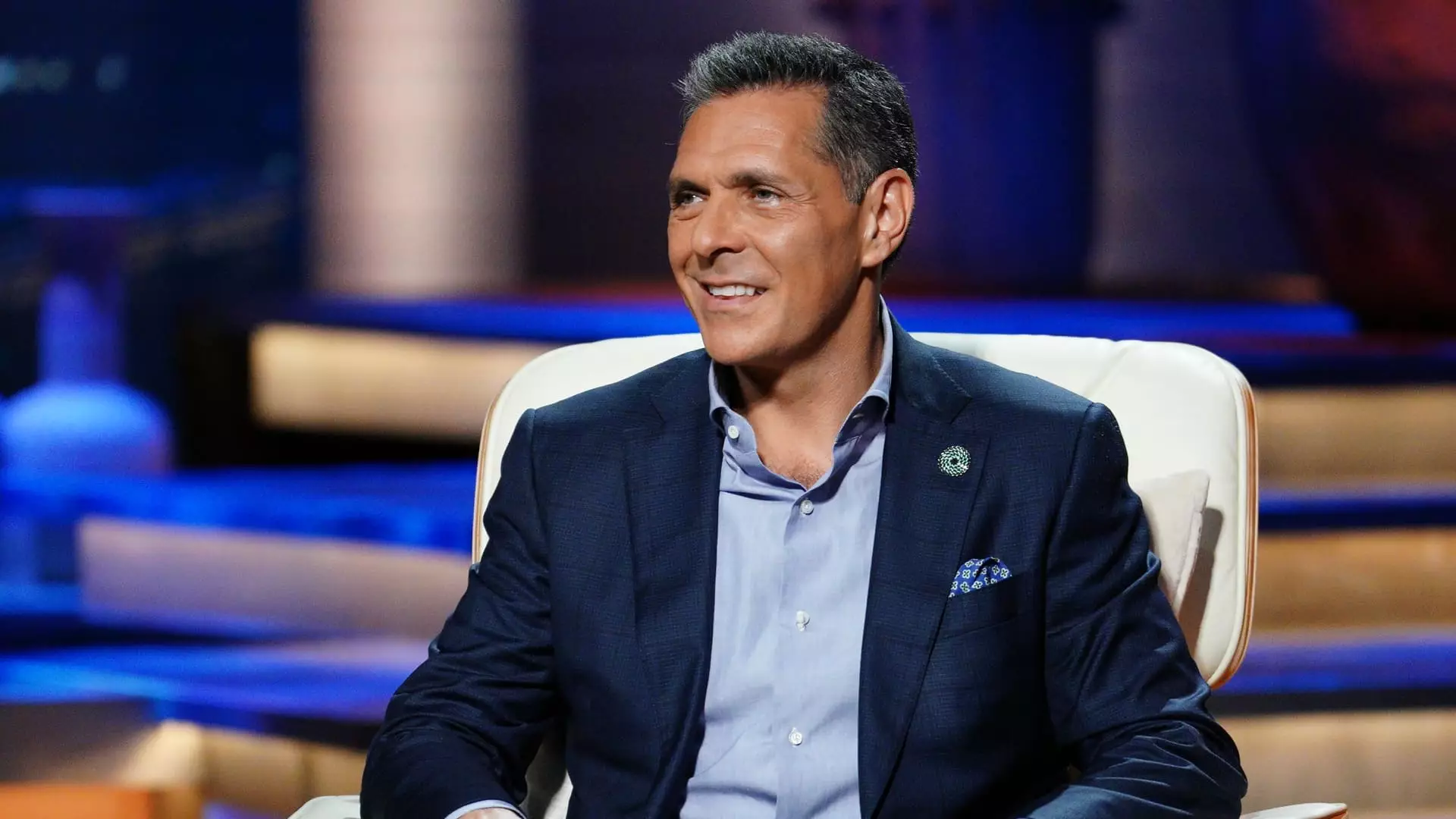Daniel Lubetzky is not merely a billionaire; he is a symbolic representation of entrepreneurial evolution. His creation of Kind snack bars, which emphasize healthy ingredients like nuts, fruits, and whole grains, transcends traditional notions of snack foods, positioning them as nutrition-forward options in a market often dominated by sugary alternatives. Lubetzky sold a controlling stake in Kind to Mars in 2020, a decision that would set him on a journey to redefine his investment strategy. By focusing on health-centric products, he carved a niche that resonated with consumers amidst an increasing awareness of wellness.
The transition from snack bar entrepreneur to impacting broader consumer trends hasn’t been haphazard for Lubetzky. His family office, Camino Partners, established in 2023, signals an intent not just to sustain profitable ventures but to pioneer in fields ripe for growth. Unlike many in the business realm who rest on their laurels, Lubetzky’s quest for innovation is ever-unfolding and signifies a mindset of adaptability and foresightedness that warrants admiration and study.
Crossover Investments: Navigating Beyond Comfort Zones
One of the striking elements of Lubetzky’s portfolio is its extension beyond the confines of the food and beverage industry. By investing in diverse markets like fitness and home healthcare, Lubetzky is not just diversifying his investments; he is engaging in a paradigm shift that speaks volumes about the interconnectedness of well-being. For instance, securing stakes in fitness chain Barry’s and home health-care provider LiveWell demonstrates an astute understanding of consumer behavior that values holistic wellness rather than isolated health metrics.
This approach aligns with a growing narrative amongst influential billionaires who are realizing that their past successes in specific industries can translate into viable investments across other fields. The apparent diversification is substantiated by data from Fintrx, which indicates that over 100 family offices – similar to Lubetzky’s – are diversifying into various sectors, reflecting a robust trend of merging entrepreneurial ingenuity with future-oriented markets.
Maturity Over Muse: The Shift in Investment Strategy
Initially ardent about nurturing fledgling enterprises, Lubetzky faced sobering realities through his family office’s tenure. The advice from his right-hand woman, Elle Lanning, that early-stage investments carry substantial risk, calls into question the romanticization of startup culture within the investment community. Lubetzky’s preference for maturing businesses – those boasting revenues of at least $20 million – indicates a willingness to embrace pragmatism over idealism.
The entrepreneurial landscape is often hailed for its celebratory risk-taking, but Lubetzky’s pivot showcases an essential truth: innovation doesn’t always require starting from scratch. Maturity in the decision-making process can maximize returns while supporting businesses that already have a proven track record. This realization places Lubetzky within a select group of investors who not only aspire for success but understand the intricacies of sustaining it.
The Reluctance of Flops and the Empathy of Deal-making
Investing is frequently characterized by impersonal metrics, and yet Lubetzky’s view introduces a compassionate dimension that many fail to see. He likens struggling businesses to “living organisms” – a refreshing perspective that goes against the grain of cutthroat capitalism. Calling an investment a “failure” is never easy, especially when it involves real people and livelihoods. His introspective approach sets him apart from the archetypal investor, who may prioritize numbers over humanity.
In a landscape where it’s easy to disregard the emotional toll of business decisions, Lubetzky’s empathy offers a powerful model for the next generation of investors. His reluctance to dismiss struggling ventures merely as poor investments points to a bigger message: the importance of nurturing human capital alongside financial spreadsheets. This idea resonates deeply, especially in times of economic volatility where personal stories of resilience are overshadowed by binary performance metrics.
The Future of Investment: Experts Rule the Roost
When stepping beyond familiar grounds, such as the consumer sector, experts become invaluable allies. For Lubetzky, this strategic use of fund managers to guide investments in aerospace and deep tech indicates a calculated foresight that blends vision with prudence. The notion affirms that in an ever-complex global economy, collaboration and expertise matter more than self-sufficiency.
The future of investment may rest not only on the brilliance of individual entrepreneurs but also on a deeper appreciation for alliances that amplify knowledge and experience. By leveraging expertise, Lubetzky is redefining how investments can be structured, urging investors to acknowledge that success often comes from well-informed risk-sharing rather than isolated efforts.
In sum, Daniel Lubetzky personifies a forward-thinking investor who understands the importance of adaptability, empathy, and strategic collaboration in shaping a diverse portfolio. His journey illuminates the pathways for those who aspire to not only accumulate wealth but also to make meaningful impacts in industries that shape consumer experiences.

